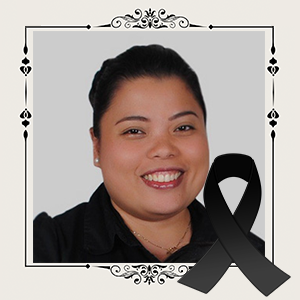
The “Rule of Law” is fundamental for a stable democracy, social justice, and domestic tranquility. Definitionally, the Rule of Law is a principle under which all persons, institutions, and entities are accountable to laws that are: publicly promulgated, equally enforced, independently adjudicated, and consistent with international human rights principles. Protecting the Rule of Law requires social agreement on the supremacy of law, equality before the law, accountability to the law, fairness in the application of the law, separation of powers, participation in the decision-making process, legal certainty, avoidance of arbitrariness, and procedural and legal transparency. Recently, the rise of authoritarian governments, oligarchs, and mega corporations, has necessitated that we distinguish between “Rule of law” and “Rule by law.” As Professor Fukuyama points out, “Rule of Law” is when the executive is constrained by the same laws that apply to everyone else; whereas “Rule by Law” refers to the executive use of law and bureaucracy as an instrument of power. Corruption of the rule of law requires vigilance by individuals, by groups outside the public sector (such as civil society), by non-governmental organizations, and by community-based organizations. UNISHKA’s niche in strengthening the Rule of Law focuses on systems integrity and counter-corruption.

Monalee Teves has more than 20 years of significant work experience in the multi-sector settings of private corporations, media, government, and non-governmental organizations in more than 20 countries. She has extensive experience in governance and anti-corruption initiatives. She has served as the Acting Director for Transparency International-Philippines and as a National Program Advisor for the Transparency International Secretariat in Berlin. She has published more than 15 articles and is fluent in several Malayo-Polynesian languages. Monalee has earned a Bachelor of Arts in Mass Communications from the University of the Philippines and her Masters Degree in Development Practice from the University of Arizona. Monalee is also a graduate of the International Anti-Corruption Summer Academy (IACSA) in Vienna, Austria.
Coming soon.